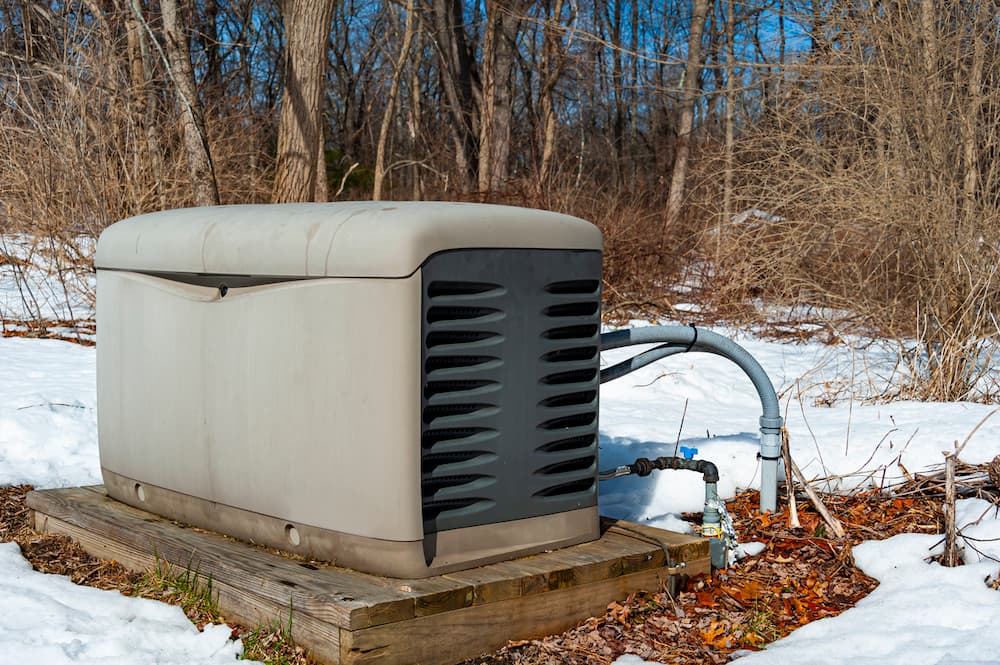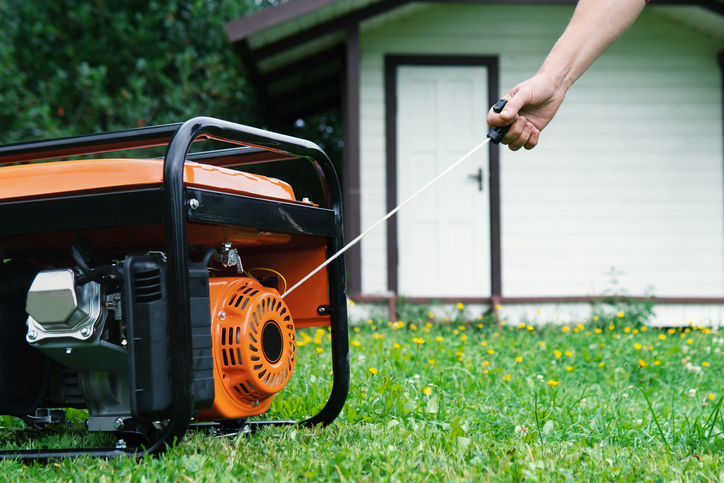
October 20, 2025
When power outages strike, having a reliable backup power source can help keep your home running smoothly. Generators come in two main types: portable and standby. Choosing the right one for your needs involves understanding their features, benefits, and drawbacks.
Our PE Home Generators team is here to dive into a comprehensive comparison to help you decide which generator suits your lifestyle and requirements.
Pros and Cons of Portable Generators
Portable generators are often the first option homeowners consider because they’re affordable and easy to use. While they can be a good short-term solution, it’s important to understand both their strengths and limitations.
Features and Capacity
- Smaller, movable units that provide temporary power to essential appliances and devices during a power outage.
- Known for versatility and flexibility in different situations.
Installation and Use
- No professional installation required.
- Appliances can be plugged in directly or connected via extension cords.
- Typically require manual start-up, often with a pull-start mechanism.
Mobility
- Easy to transport for use at home, camping, or outdoor events.
Pros and Cons of Standby Generators
Standby generators are a more permanent solution designed for homeowners who want reliability and convenience. While they come with a higher upfront investment, financing options are often available, making it easier to enjoy the long-term benefits that portable units can’t match.
Features and Capacity
- Permanently installed systems that automatically activate during a power outage.
- Offer higher power capacities, with the ability to power an entire home.
Installation and Use
- Require professional installation and connection to a home’s electrical system.
- Often linked to a natural gas or propane line.
- Automatic transfer switch provides seamless power transition with no manual effort.
Reliability
- Highly dependable with minimal manual operation once installed.
Portable vs. Standby Generators: Key Differences
When comparing portable and standby generators, here are the main distinctions to consider:
- Power Capacity: Portable generators typically support only essential appliances, while standby generators can power an entire home.
- Installation: Portable units require no setup, while standby units must be professionally installed.
- Ease of Use: Portable generators need manual start-up, while standby systems start automatically.
- Cost: Portable generators are more budget-friendly upfront, while standby generators have a higher initial investment but add long-term value to your home.
- Mobility: Portable units can be moved and stored, while standby units remain in a fixed outdoor location.
- Outage Coverage: Portable generators are best for short or occasional outages, while standby systems are ideal for frequent or extended outages.
Factors to Consider When Choosing a Generator
Choosing between portable and standby comes down to your lifestyle, home size, and comfort preferences. Here are the main factors to think through before making your decision:
Power Needs
- A portable generator may be enough for smaller homes or occasional use.
- A standby generator is recommended for larger homes or areas with frequent outages.
Budget
- Portable generators are cost-effective but involve ongoing fuel and maintenance costs.
- Standby generators are more expensive initially but offer long-term value and peace of mind.
Frequency and Duration of Outages
- Rare and short outages may only require a portable generator.
- Frequent or extended outages are best handled with a standby generator.
Installation and Maintenance
- Portable units offer simplicity with no installation requirements.
- Standby units need professional installation and periodic maintenance but operate automatically.
Space and Storage
- Portable generators must be stored indoors and placed outdoors during use.
- Standby generators remain permanently installed outdoors with proper clearance.
Consult the Generator Experts in Connecticut
Having a reliable generator is one of the best ways to protect your home and family during unexpected outages. While portable generators can provide temporary relief, many Connecticut homeowners find that a standby generator delivers greater peace of mind. With automatic operation, whole-home coverage, and long-term reliability, standby systems ensure your essentials (heating and cooling, refrigeration, medical devices, and more) keep running when you need them most.
Don’t wait until the storm is upon us. Plan ahead and secure your generator now through our PE Home Generators team to be ready for whatever the hurricane season may bring. Get in touch today!
Recent News
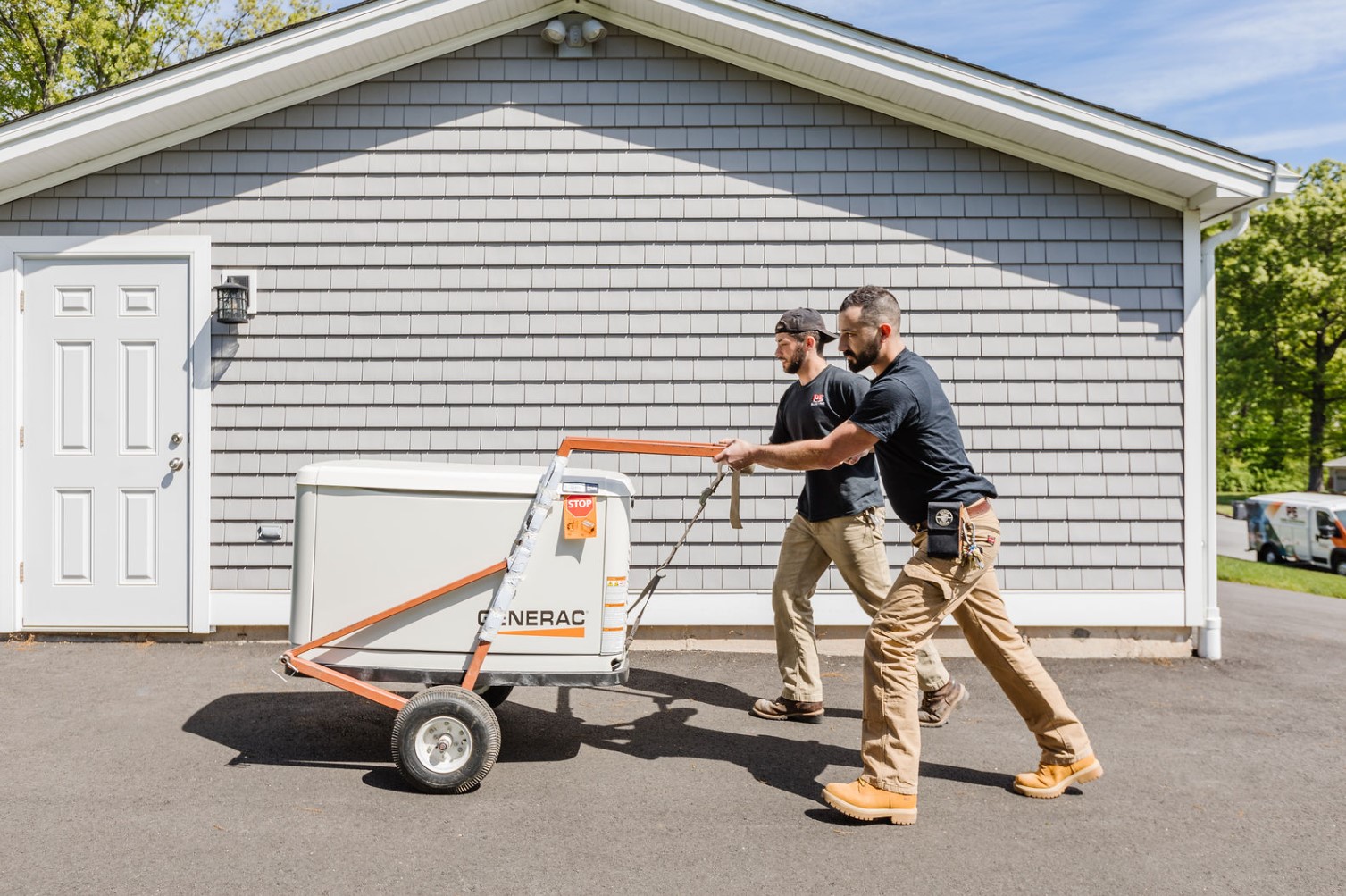
5 Common Myths About Home Generators Debunked
January 20, 2026
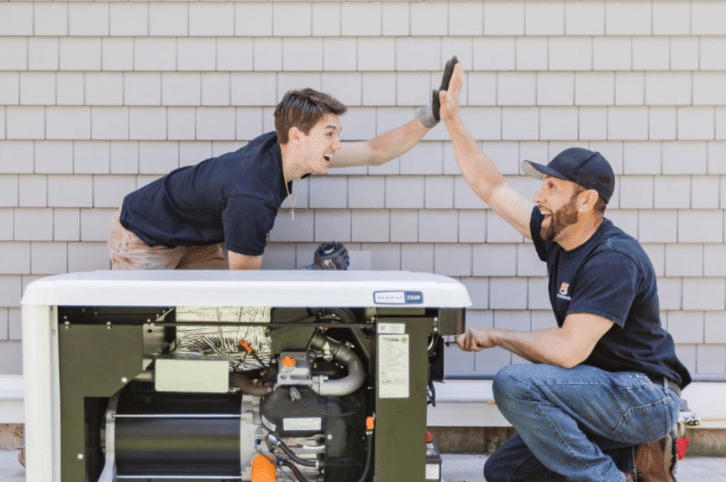
What to Expect During the Home Generator Installation Process
January 14, 2026
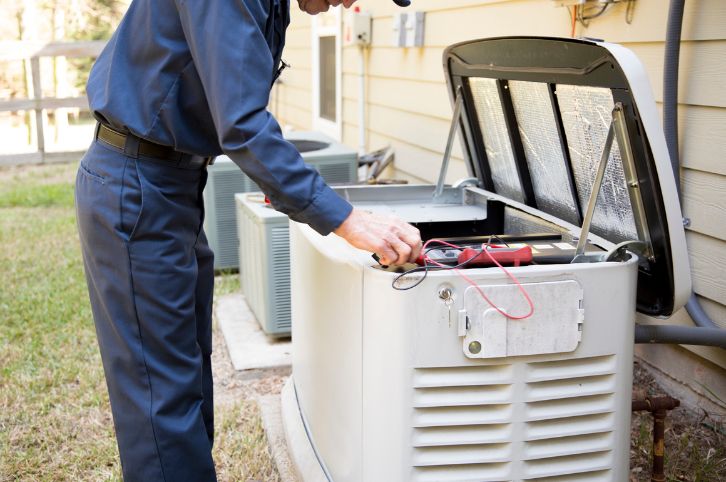
Generator Permitting and Town Regulations in Connecticut
December 16, 2025

The Top 8 Home Projects with the Highest Return on Investment
November 12, 2025
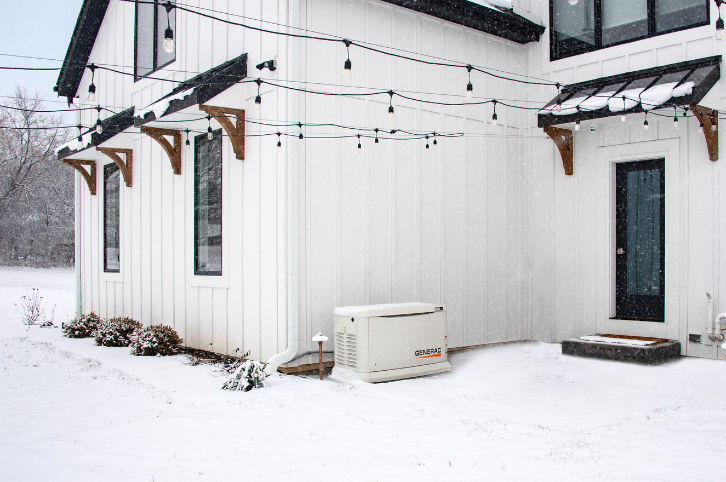
Can You Run a Generator During a Snowstorm or Nor’easter?
November 3, 2025
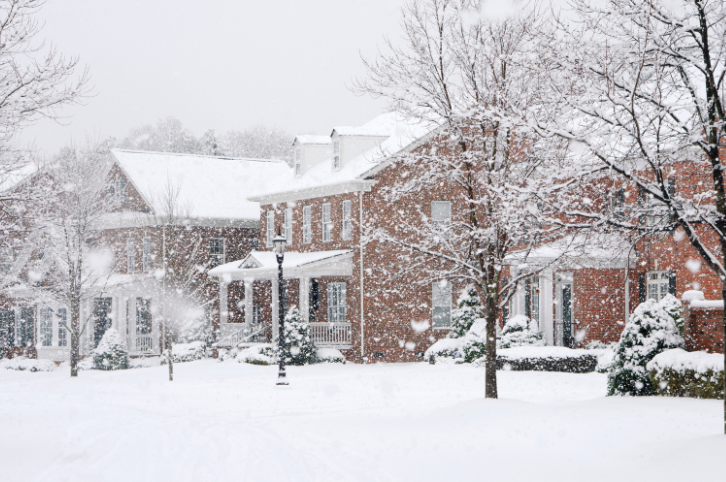
5 Reasons a Standby Generator Is One of the Smartest Investments You Can Make for Your Home
October 20, 2025
